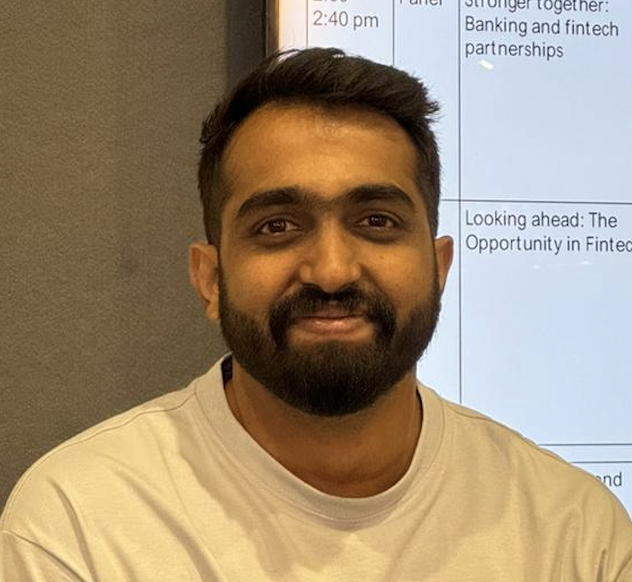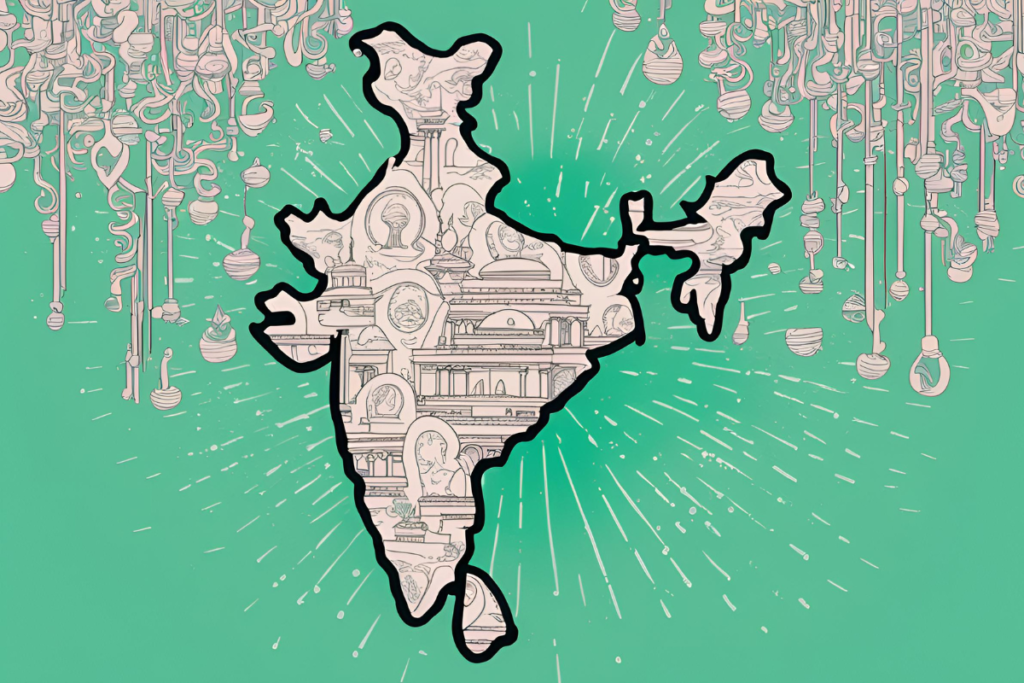Indian brokerage Zerodha, one of the early entrants in the Indian startup ecosystem, says it is now time for the next big era of corporate venture capital in India.

With an expected annual growth rate of 8%, robust capital markets, a favorable regulatory environment, and a young workforce, India has always been a great investment destination. However, Indian investors and startups have not always had access to capital markets. Zerodha, one of India’s largest brokerages, wanted to change that.
In 2016, when corporate venture capital was still quite rare in India, Zerodha launched its venture arm, Rainmatter, in hopes of nurturing India’s startup ecosystem. It was the brainchild of Zerodha CEO Nitin Kamath, who was intrigued by the potential of corporate venture funds.
Rainmatter started by investing in fintech entrepreneurs but has since expanded its reach.
Dinesh Pai is Head of Investments at RainMatter.

“We started by supporting technology entrepreneurs helping people be smart with their money, but now we’ve expanded to companies helping people make healthier choices, get an education and tackle much tougher problems like climate change and earning a living,” Pai says.
As Zerodha’s profits steadily grew, Rainmatter began to reap the benefits, too, and was able to expand its funding. Today, the company partners with over 90 startups and has invested nearly $60 million.
Now, with a new coalition government in India that has pledged to put the economy and growth at the core of its policies, Pai sees even more room for growth for startups and CVC investors.
While new policies for the upcoming government have yet to be announced, it is almost certain that growth and attracting foreign investment will remain the main drivers. Pai said the startup funding landscape has changed in recent years, which could further boost capital inflows.
“We estimate that CVCs are involved in roughly one in five deals today, and involvement is on the rise.”
“While there is less funding available going forward in 2021, there is still a lot of capital available for startups looking to build a business with strengths such as deep consumer insights, industry expertise and, of course, operational profitability,” he says.
One of the key benefits of CVC is that as the sector has matured, attitudes towards startup entrepreneurs have changed.
“Entrepreneurship is now considered a real profession, which is perhaps the biggest boost to the startup environment in India. And best of all, the government is extremely supportive of startups. For example, there are exceptions for funding in the deep tech and manufacturing sectors, and procurement from these startups is also done in the open,” Pai points out.
“We estimate that CVCs are involved in around one in five deals today, and involvement is on the rise,” he added.
India needs patient capital from companies
Pai said Rainmatter wants to provide support to startups at all stages: early, seed, Series A and beyond.
“While we’ve been doing less later-stage investments beyond Series A, we’ve built up the internal muscle to evaluate some of the more mature businesses over time,” he says.
“We firmly believe that it takes 10-15 years to build a successful business in India.”
Rainmatter’s key areas are fintech, climate and health, which are crucial sectors for India’s economic prosperity.
“Like other investors, we have no exit obligation. We firmly believe that it takes around 10-15 years to build a successful business in India and patient capital will go a long way in this. Besides being patient, we also try to ideate alongside founders and leverage our learnings from across our portfolio to help them,” Pai says.
Payback or return on investment isn’t necessarily the primary motivator for Rainmatter. The company wants to offer what it calls “patient capital” for the long term, or the ability to remain an investor indefinitely.
“Patient capital, with no exit obligations, which founders can benefit from as they start up their companies, is particularly important in India, where resilience and sustainability may take much longer to achieve than in developed economies,” Pai said.
India’s startup industry has traditionally relied heavily on deep-pocketed families for seed capital, but as the country’s economy grows, more professional venture capitalists are arriving looking for startups to back.
When asked what actually drives the investment process and how he goes about finding the right targets at an early stage, Pai explains that it’s a combination of intuition and instinct.
“As a team, we spend a lot of time discussing why we make a certain investment, try to answer any questions we have, note any risks that exist, and then we just go with our gut,” he says.
India remains plagued by problems endemic to a growing economy: a lack of clean water, poverty, widespread pollution, etc. Pai believes startups can help alleviate these issues, and that CVC investors can help make their path smoother.
“There’s no doubt that CVCs with patient capital, resources, guidance and expertise can guide startups in developing sectors through the ups and downs,” he says. “It’s hard for us to always be able to find new ways to add value to startups. We look at investments from the perspective that we want to help these startups.”
As the Indian economy gears up for its next leap forward, Rainmatter too is looking to evolve.
“We might be a better version of ourselves in five years, but our lean team, focus on what we understand, and desire to always add non-capital value to startups will definitely remain constants,” Pai said.

